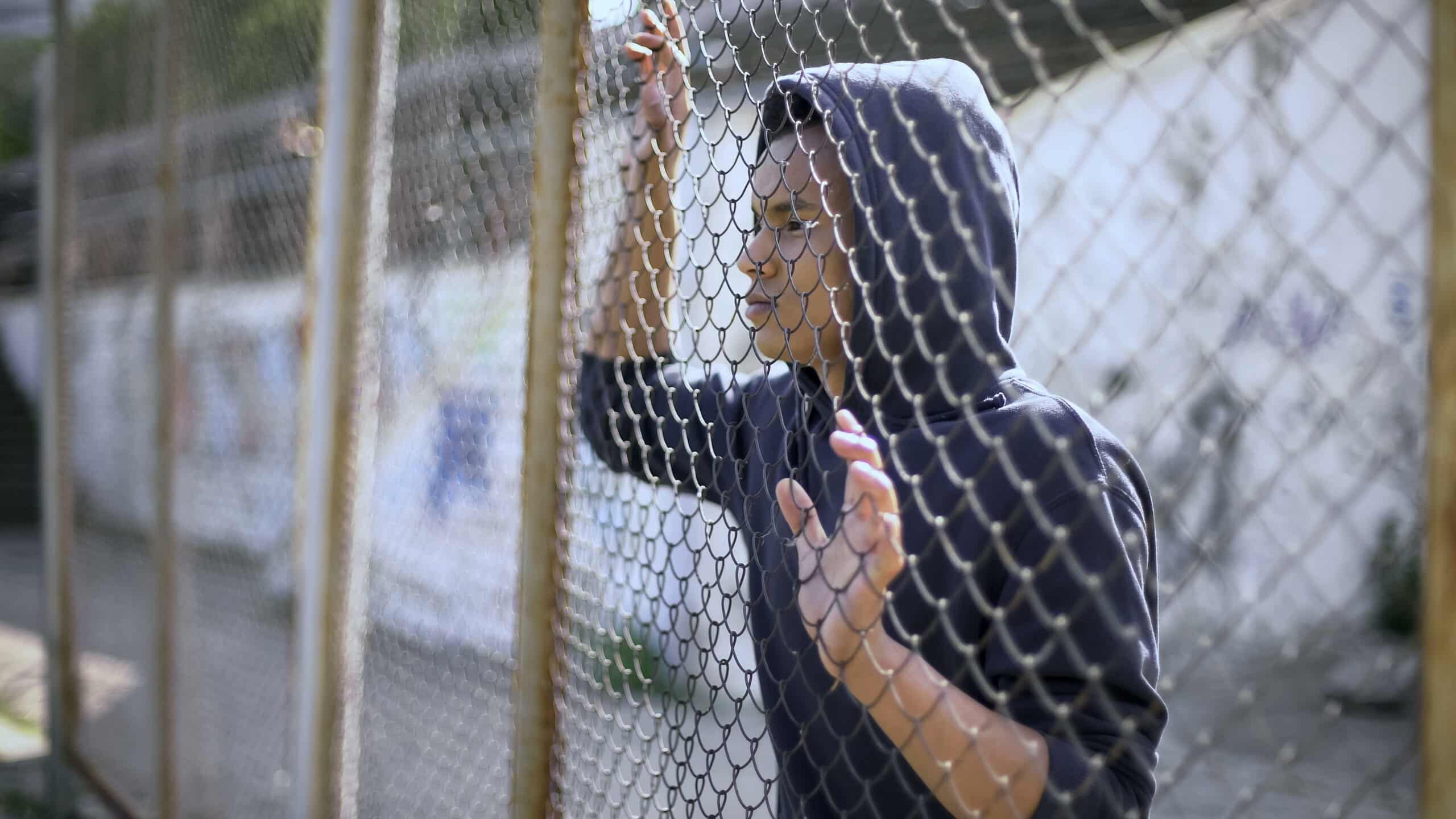Juvenile Robbery Offenders and the Law
In juvenile law, few issues are as challenging and sensitive as cases involving young offenders charged with robbery. Juvenile robbery offenders pose a unique challenge for legal systems, prompting societies to explore innovative approaches considering individual and societal factors, often necessitating a delicate balance between justice and rehabilitation. At William Jaksa Criminal Litigation, we understand the complexities of juvenile robbery cases and the importance of adopting a compassionate yet effective approach.
Understanding Juvenile Robbery
Juvenile robbery involves using force, threat, or intimidation to take someone else’s property against their will. Often, juveniles are driven to commit such crimes due to various factors, including socioeconomic disadvantages, peer pressure, or a lack of appropriate guidance and support. Recognizing the underlying causes is crucial in developing effective interventions to prevent reoffending.
Legal Approaches
Prevention and Education Programs
Legal jurisdictions have implemented prevention and education programs aimed at at-risk youth. These initiatives focus on teaching essential life skills, conflict resolution, and anger management, equipping juveniles with the tools necessary to resist the temptations of criminal behavior. These initiatives serve as proactive legal measures to curb juvenile robbery by addressing the underlying issues.
Diversion Programs
Diversion programs provide a legal alternative to traditional court proceedings, allowing youth to participate in community-based interventions. These programs divert juvenile offenders from formal prosecution, channeling them into community-based interventions. Diversion programs often include counseling, community service, and restitution, emphasizing restorative justice principles to repair the harm caused to victims and communities.
Juvenile Courts and Sentencing
In cases where juvenile robbery offenders are processed through the court system, specialized juvenile courts handle these matters with a focus on rehabilitation rather than punishment. Sentences often include probation, mandatory counseling, and educational programs to address the underlying issues contributing to criminal behavior. These sentences, rooted in established legal principles, aim to address the core issues motivating juvenile robbery, facilitating the offender’s reintegration into society.
Restorative Justice
Legal systems increasingly recognize the value of restorative justice practices. Restorative justice practices bring together offenders, victims, and community members to discuss the impact of the crime and collaboratively determine a path toward restitution. This approach fosters empathy, accountability, and healing, encouraging juveniles to take responsibility for their actions and make amends.
Consequences of Juvenile Robbery
Long-term Impact on the Juvenile Offender
Juvenile robbery convictions can have severe consequences for young offenders, affecting their educational opportunities, future employment prospects, and overall quality of life. Legal records may hinder their ability to secure scholarships, gain college admission, or find stable employment, perpetuating a cycle of disadvantage.
Impact on Victims
Victims of juvenile robbery often experience psychological trauma, anxiety, and fear. Addressing these emotional scars is essential for the healing process. Restorative justice practices provide victims a platform to express their feelings, seek closure, and actively participate in the offender’s rehabilitation, promoting a sense of justice and empowerment.
Impact on Society
Juvenile robbery has broader implications for society, contributing to insecurity and fear among the populace. Addressing the root causes of juvenile crime through social programs and educational initiatives can help create a safer environment for everyone.
Call William Jaksa Criminal Litigation
The issue of juvenile robbery offenders necessitates a comprehensive and compassionate approach that balances accountability with rehabilitation. By understanding the underlying causes of criminal behavior and addressing them through prevention, education, diversion programs, and restorative justice practices, societies can foster a sense of responsibility in young offenders while promoting healing and empowerment among victims. Moreover, implementing these strategies can create safer communities and offer juveniles a chance to reintegrate into society as responsible and productive individuals, breaking the cycle of crime and creating a better future for all.
When you choose William Jaksa Criminal Litigation, you select a legal partner dedicated to achieving fair, empathetic, and transformative outcomes. We recognize that each case is unique, and we tailor our legal strategies to the individual needs of our clients. Our commitment extends beyond the courtroom as we work diligently to secure legal justice, a pathway to rehabilitation, and a brighter future for young offenders. Let us guide you through the legal process, providing experienced representation and unwavering support every step of the way. Call William Jaksa Criminal Litigation at 647-951-8078 to schedule a consultation.





